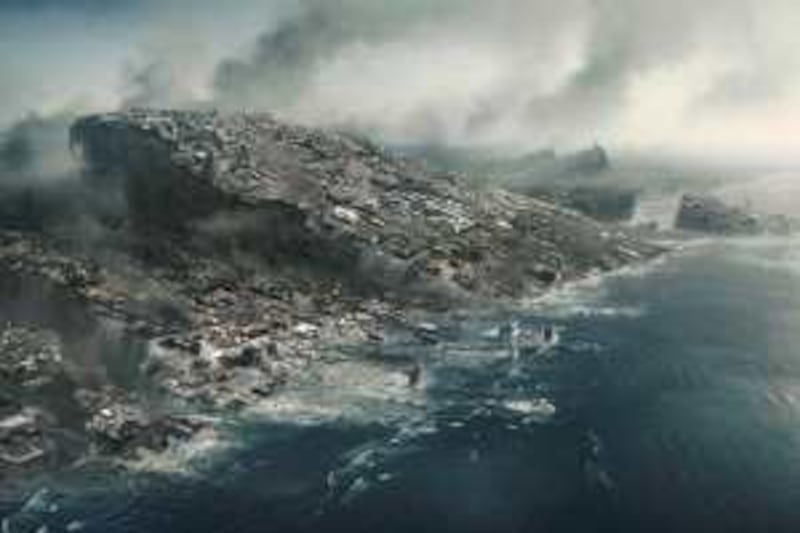DUBAI // Will the world end in 2012? That ancient Mayan prophecy is expected to be a hot topic when researchers gather at Zayed University next year to discuss and debate mysteries of the world. The existence of ancient civilisations and the origins of Arab people are other subjects that will be examined at the International Conference on Ancient Studies on February 12 and 13.
"Were there more 'lost' civilisations? How far back does the story of humanity really go? How valid is the 2012 prophecy of Mayan culture? These are the big questions that we would try to answer," said Robert Bauval, a UK-based researcher and author whose books include The Orion Mystery. Mr Bauval, one of 12 international researchers who will take part in the discussions, spoke yesterday at a media event announcing details of the conference.
The highlight, he said, will be the debate over the Mayan civilisation's prophecy for the end of the world, which was sensationalised in the blockbuster Hollywood film 2012. "The big topic this time is the year 2012. What are scientists and researchers really saying about this prediction? Will it be the end of the world? Many theories and discussions would be put forward on this," Mr Bauval said. John Major Jenkins, who has written extensively on 2012 and is a researcher on Mayan civilisation, will present his theory about the prediction.
Hollywood has recently featured topics related to mysteries that have long been studied by researchers, Mr Bauval said. "We are happy that Hollywood is showing interest in such topics. It is generating interest," he said. At the conference, Mr Bauval will discuss The Lost Symbol, the latest novel by the author Dan Brown. "Dan Brown's book and other similar works have brought to the fore topics that have been discussed by researchers for years. We want to make it interesting for people," he said.
Ahmed Osman, a researcher from Egypt, will speak about the origins of the Arab people. New research and discoveries will be presented that challenge established views and call into question the origins and future of humanity, organisers said. Mr Bauval said controversial topics addressed in books and films would also be raised. "In my talk, I will look at the historical setting and try and make sense of the confusion," he said. "People want to know who are the Freemasons and do they really want to rule the world."
He said the aim of the conference would be to encourage "regular people" to take an interest. Speakers will also include the authors Graham Hancock, who wrote the Fingerprints of the Gods and Lost Civilisation; Dr Robert Schoch, who wrote The Mystery of the Sphinx; and Michael Cremo, who wrote The Hidden History of the Human Race. There will be an archaeological exhibition on the mysteries of Easter Island, the first of its kind in the region.
pmenon@thenational.ae






